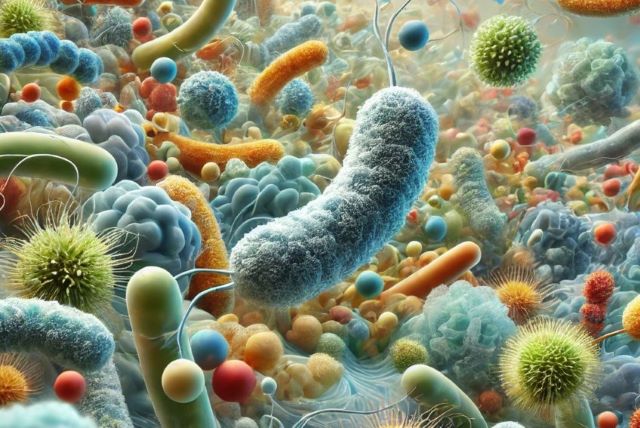Adult ADHD and Stimulants: a Powerful Intervention With a Hidden Price

More and more people seek evaluation and receive an ADHD diagnosis already in adulthood - after the age of 25, 30, or 40. At this stage, the issue is no longer school-related difficulties, but rather the consequences that directly affect quality of life.



